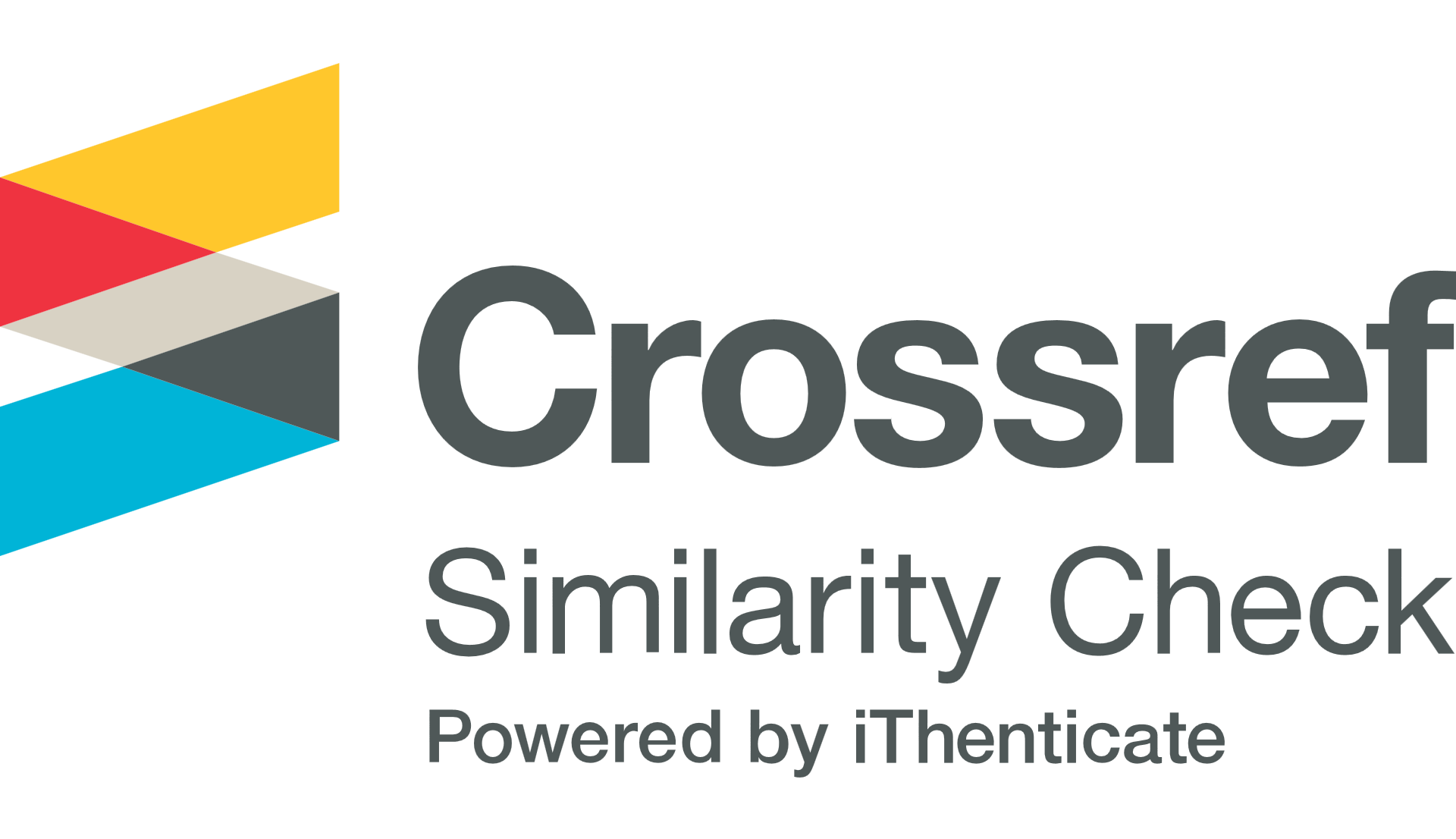Big data y marketing de experiencias
DOI:
https://doi.org/10.46296/rc.v2i3.0034Palabras clave:
Big data, marketing, redes sociales, empresa, consumidorResumen
Hoy por hoy, con el auge del internet y de la era digital, las empresas tienen el deber de adaptar sus estrategias y sistemas metodológicos de comercio para lograr crear y mantener la competitividad en los mercados existentes. En este marco contextual, el marketing de experiencias es una de las formas del marketing contemporáneo que busca crear dependencia a través de determinado producto o servicio en los consumidores, ofreciendo recursos empíricos para crear preferencias en los consumidores de una marca con respecto a otra marca. El marketing de experiencias, siendo una de las tantas formas existentes del marketing relacional, ha sido modificado por las empresas para ser fácilmente transmitido a los consumidores a través de estrategias de comunicación digital en entornos digitales, como en el caso de los sitios web, redes sociales etc. Este proceso de recuperar, clasificar y detallar la información recopilada se conoce como "análisis de big data" y consiste en la adaptación de un conglomerado de información que tiene una estructura de datos integrada compleja con las notorias dificultades para buscar, almacenar, analizar, proteger, transferir y visualizar los datos recopilados. En particular, el análisis de big data es muy importante para las empresas con la base del comercio electrónico y el comercio digital, que pueden estudiar el comportamiento del consumidor, luego realizar un análisis detallado y finalmente obtener importantes beneficios en la competencia en un mercado determinado.
Palabras claves: Big data, marketing, redes sociales, empresa, consumidor.
ABSTRACT
Today, with the rise of the internet and the digital age, companies have the duty to adapt their strategies and methodological trading systems to create and maintain competitiveness in existing markets. In this contextual framework, experience marketing is one of the forms of contemporary marketing that seeks to create dependence through a certain product or service in consumers, offering empirical resources to create preferences in consumers of a brand with respect to another brand. Experience marketing, being one of the many existing forms of relationship marketing, has been modified by companies to be easily transmitted to consumers through digital communication strategies in digital environments, as in the case of websites, networks social etc. This process of retrieving, classifying and detailing the information collected is known as "big data analysis" and consists of the adaptation of a conglomerate of information that has a complex integrated data structure with the notorious difficulties to search, store, analyze, protect, transfer and view the collected data. In particular, big data analytics is very important for companies with e-commerce and digital commerce foundation, which can study consumer behavior, then perform detailed analysis and finally obtain significant benefits in competition in a given market.
Keywords: Big data, marketing, social media, business, consumer.
Información del manuscrito:
Fecha de recepción: 15 de noviembre de 2018.
Fecha de aceptación: 09 de enero de 2019.
Fecha de publicación: 10 de enero de 2019.
Descargas
Citas
A.D. Nazarov (2019). Big Data Driven Marketing. Proceedings of the International Scientific and Practical Conference on Digital Economy (ISCDE) on November 07, 2019.
Dimitrios Buhalis, Katerina Volchek (2021). Bridging marketing theory and big data analytics: The taxonomy of marketing attribution. International Journal of Information Management.
Dytman-Stasieńko, Agnieszka & Węglińska, Agnieszka. (2018). Big Data, Digital Marketing and Trendwatching. 10.23817/2018.bdata.
Erevelles, S., Fukawa, N., & Swayne, L. (2016). Big Data consumer analytics and the transformation of marketing. Journal of Business Research, 69(2), 897–904. doi:10.1016/j.jbusres.2015.07.001.
Kemelor, P. (2015). Digital Data Grows into Big Data. IT Professional, 17(4), 42–48. doi:10.1109/mitp.2015.69.
Konks, V. & Krasnov, E. & Sumarokova, E. (2019). Digital marketing and sales technologies: big data and synergy effect. Vestnik Universiteta. 46-54. 10.26425/1816-4277-2019-8-46-54.
Lies, Jan (2019). Marketing Intelligence and Big Data: Digital Marketing Techniques on their Way to Becoming Social Engineering Techniques in Marketing. International Journal of Interactive Multimedia and Artificial Intelligence in June, 2019.
Sayyad, S., Mohammed, A., Shaga, V., Kumar, A., & Vengatesan, K. (2019). Digital Marketing Framework Strategies Through Big Data. Proceeding of the International Conference on Computer Networks, Big Data and IoT (ICCBI - 2018), 1065–1073. doi:10.1007/978-3-030-24643-3_127.
Vaidas Lukosius, Michael R. Hyman (2019). Marketing Theory And Big Data. The Journal of Developing Areas, Volume 53, Number 4, Fall 2019.
Wang, W. Y. C., & Wang, Y. (2020). Analytics in the era of big data: The digital transformations and value creation in industrial marketing. Industrial Marketing Management.
Publicado
Cómo citar
Número
Sección
Licencia
Derechos de autor 2019 Revista Científica Arbitrada de Investigación en Comunicación, Marketing y Empresa REICOMUNICAR. ISSN 2737-6354.

Esta obra está bajo una licencia internacional Creative Commons Atribución-NoComercial-CompartirIgual 4.0.

















